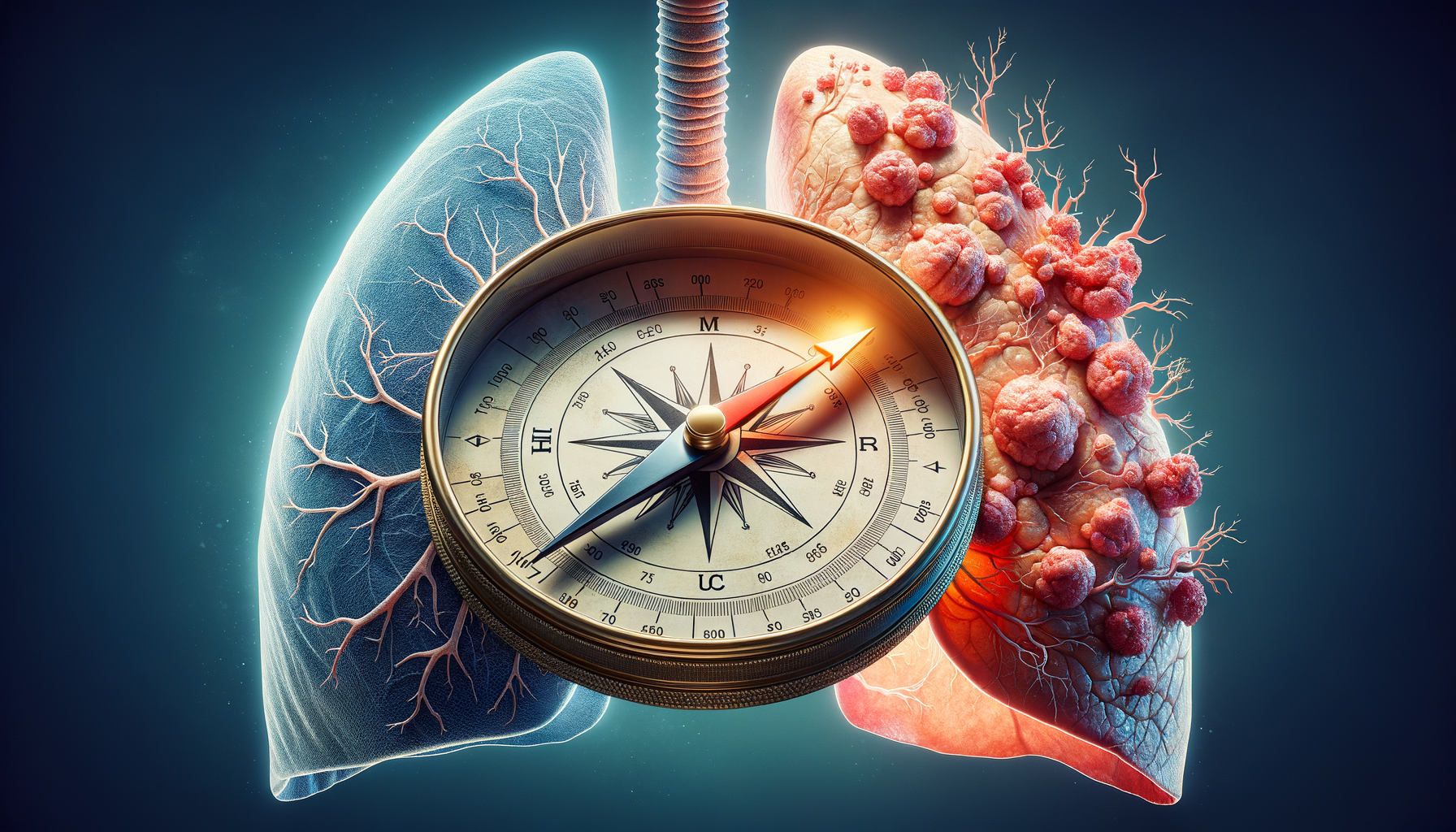Understanding Lung Cancer: An Overview
Lung cancer remains one of the most prevalent and challenging diseases worldwide, affecting millions of individuals each year. It is primarily categorized into two main types: non-small cell lung cancer (NSCLC) and small cell lung cancer (SCLC), each with distinct characteristics and treatment approaches. NSCLC is the more common of the two, accounting for approximately 85% of cases, and includes subtypes such as adenocarcinoma, squamous cell carcinoma, and large cell carcinoma. SCLC, though less common, is known for its aggressive nature and rapid growth.
The causes of lung cancer are multifaceted, with smoking being the leading risk factor. However, non-smokers are not exempt; exposure to radon gas, asbestos, and other environmental pollutants also contribute significantly. Genetic predispositions and family history can further influence an individual’s risk. Early detection is crucial, as symptoms often appear in advanced stages. Common signs include persistent cough, chest pain, and unexplained weight loss.
Understanding lung cancer’s complexity is vital for effective management and treatment. As research progresses, new insights into genetic mutations and biomarkers are paving the way for personalized medicine, offering hope for better outcomes and improved quality of life for patients.
Diagnostic Approaches: Early Detection and Screening
Early detection of lung cancer significantly enhances the chances of successful treatment. Various diagnostic tools and screening methods are employed to identify the disease at an early stage. Low-dose computed tomography (LDCT) scans have become the standard for screening high-risk individuals, particularly long-term smokers and those with a significant history of tobacco use. LDCT is preferred due to its ability to detect small nodules that may not be visible on standard X-rays.
In addition to imaging techniques, biopsies play a crucial role in confirming a lung cancer diagnosis. This involves obtaining a tissue sample through procedures such as bronchoscopy, needle biopsy, or surgical biopsy. Molecular testing of the biopsy sample can reveal specific genetic mutations, guiding targeted therapy decisions.
Despite advancements in diagnostic technology, challenges remain. False positives and overdiagnosis can lead to unnecessary anxiety and procedures. Therefore, a comprehensive approach that combines imaging, histopathology, and molecular analysis is essential to ensure accurate diagnosis and appropriate treatment planning.
Treatment Modalities: Exploring Options
The treatment landscape for lung cancer has evolved significantly, offering a range of options tailored to the cancer’s type and stage. Traditional treatments such as surgery, radiation therapy, and chemotherapy remain foundational, especially for early-stage NSCLC. Surgical resection, when feasible, offers the potential for a cure, while radiation therapy is often employed to target remaining cancerous cells.
For advanced stages, systemic therapies have gained prominence. Targeted therapies, which focus on specific genetic mutations, have revolutionized treatment for patients with alterations in genes such as EGFR, ALK, and ROS1. These therapies are designed to inhibit cancer growth with fewer side effects compared to conventional chemotherapy.
Immunotherapy has emerged as a promising option, harnessing the body’s immune system to combat cancer cells. Checkpoint inhibitors, a class of immunotherapy drugs, have shown success in treating both NSCLC and SCLC, providing durable responses in some patients. The choice of treatment is often a collaborative decision between the patient and a multidisciplinary medical team, taking into account the cancer’s characteristics and the patient’s overall health.
Living with Lung Cancer: Support and Management
Living with lung cancer presents numerous challenges, both physically and emotionally. It is crucial for patients to have access to comprehensive support systems that address their diverse needs. Palliative care, which focuses on relieving symptoms and improving quality of life, plays a vital role throughout the cancer journey. This includes pain management, nutritional support, and psychological counseling.
Support groups and counseling services provide emotional support and a sense of community, helping patients and their families navigate the complexities of the disease. These resources offer a platform for sharing experiences, coping strategies, and information about the latest treatments and clinical trials.
Additionally, lifestyle modifications can enhance well-being. Quitting smoking, maintaining a balanced diet, and engaging in regular physical activity contribute to overall health and may improve treatment outcomes. It is essential for patients to work closely with their healthcare team to develop a personalized care plan that aligns with their goals and preferences.
Future Directions: Research and Innovations
The future of lung cancer treatment is promising, with ongoing research and innovations paving the way for more effective therapies. Advancements in genomics and precision medicine are at the forefront, allowing for the development of targeted therapies that are tailored to an individual’s genetic makeup. These therapies aim to improve efficacy while minimizing side effects.
Liquid biopsies, a less invasive method of detecting cancer-related biomarkers in blood, are being explored for their potential in early detection and monitoring of treatment response. This technology could revolutionize how lung cancer is managed, offering a non-invasive alternative to traditional biopsies.
Furthermore, the integration of artificial intelligence and machine learning in cancer research is enhancing the ability to analyze complex data sets, leading to more accurate predictions of treatment outcomes and the discovery of new therapeutic targets. As research continues to progress, the hope is to transform lung cancer from a life-threatening disease into a manageable condition, ultimately improving survival rates and quality of life for patients worldwide.








